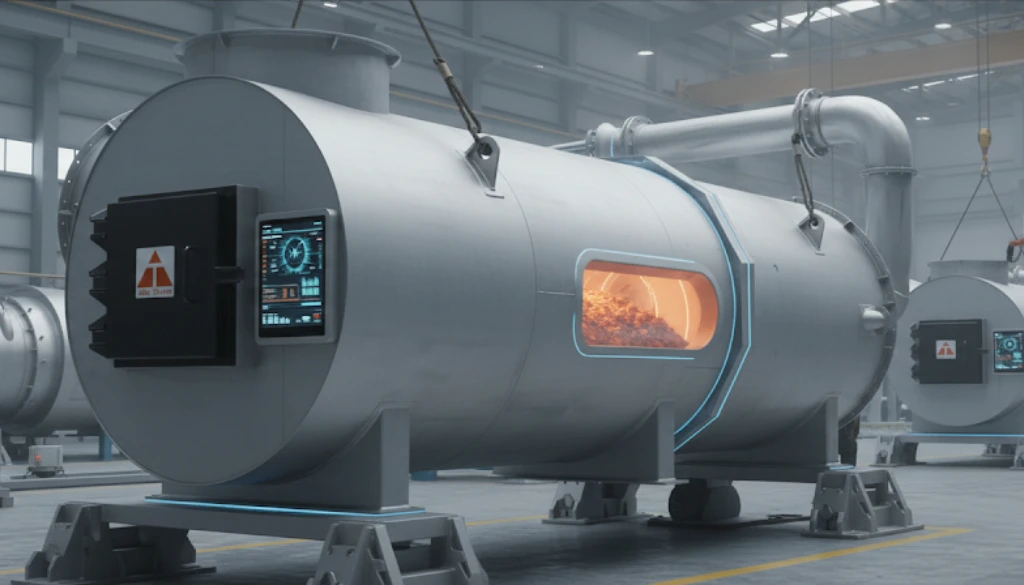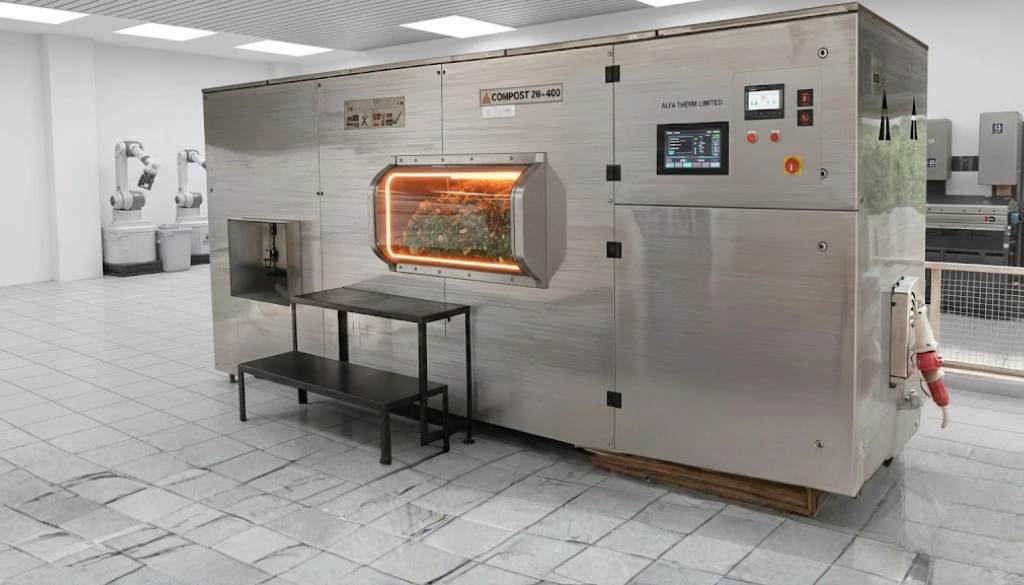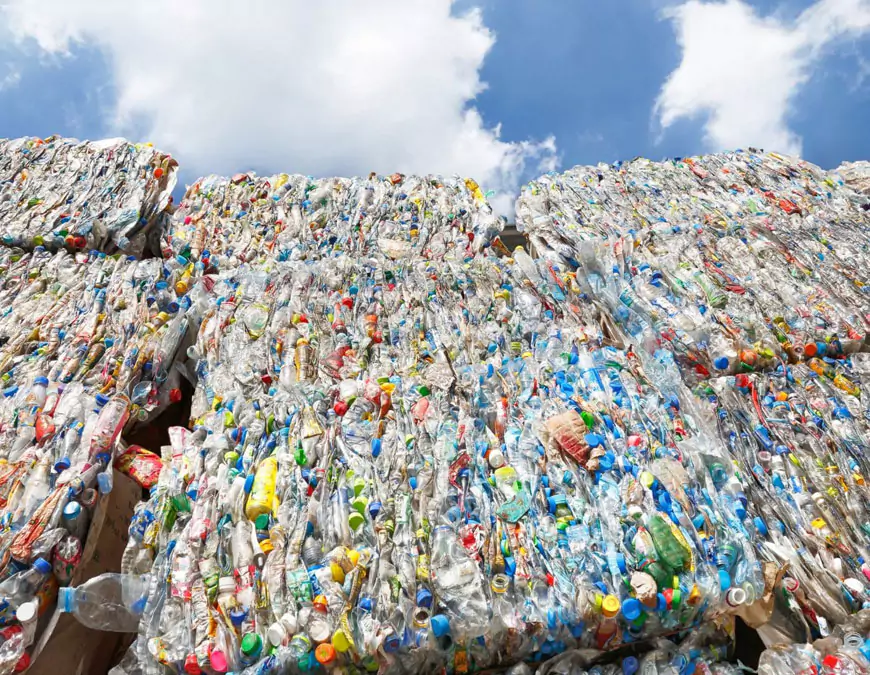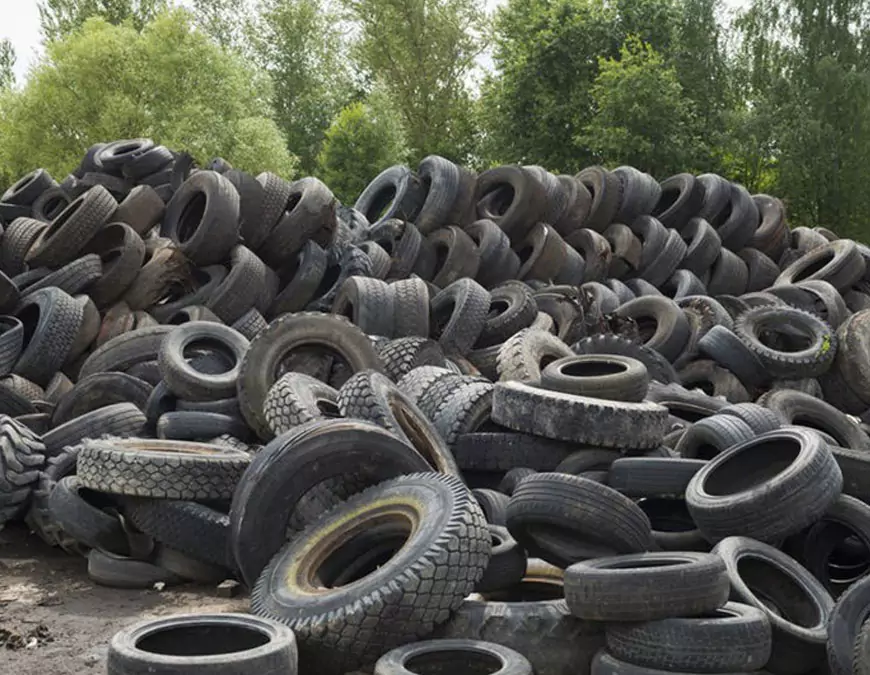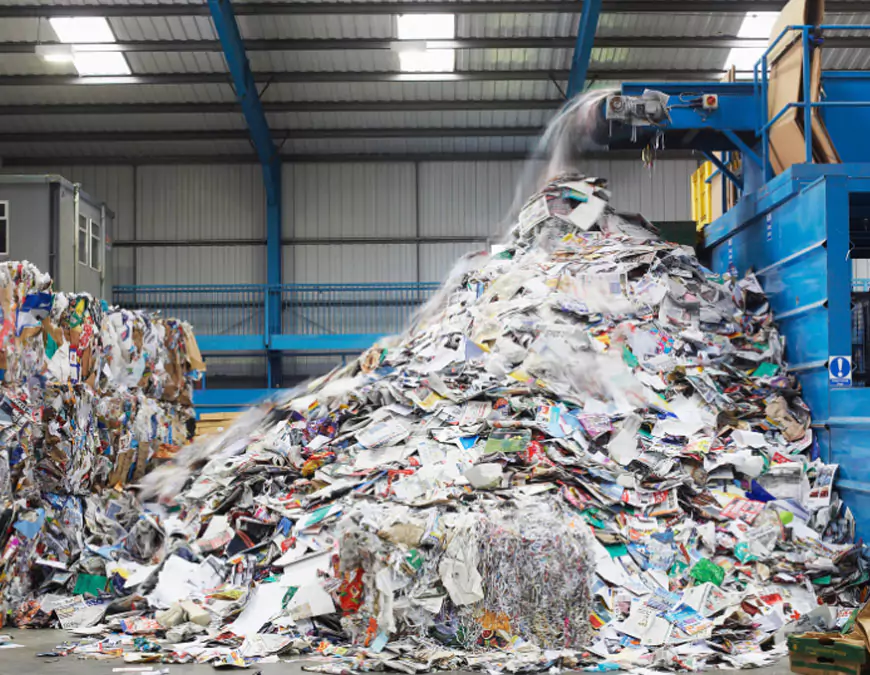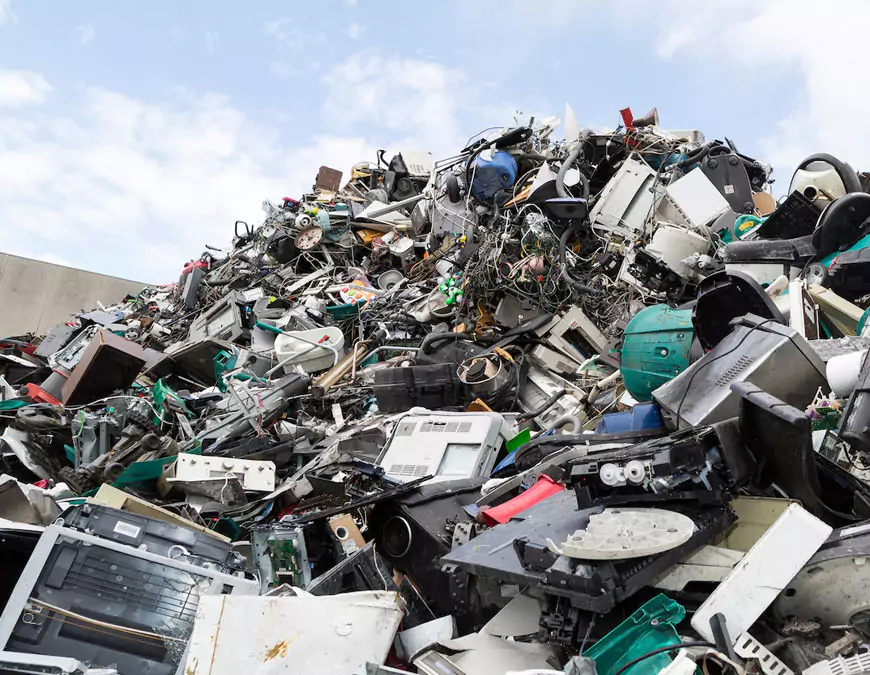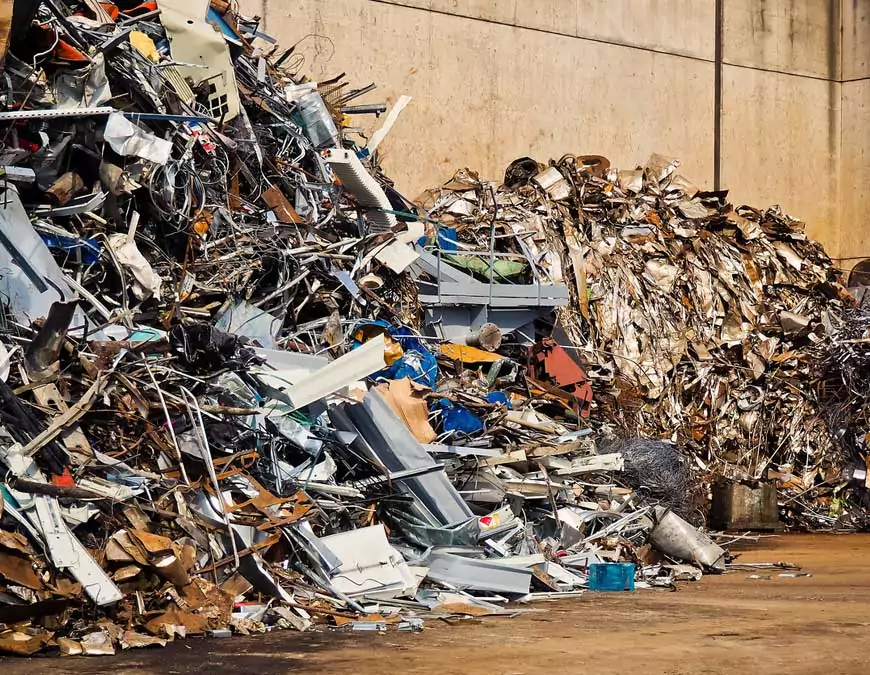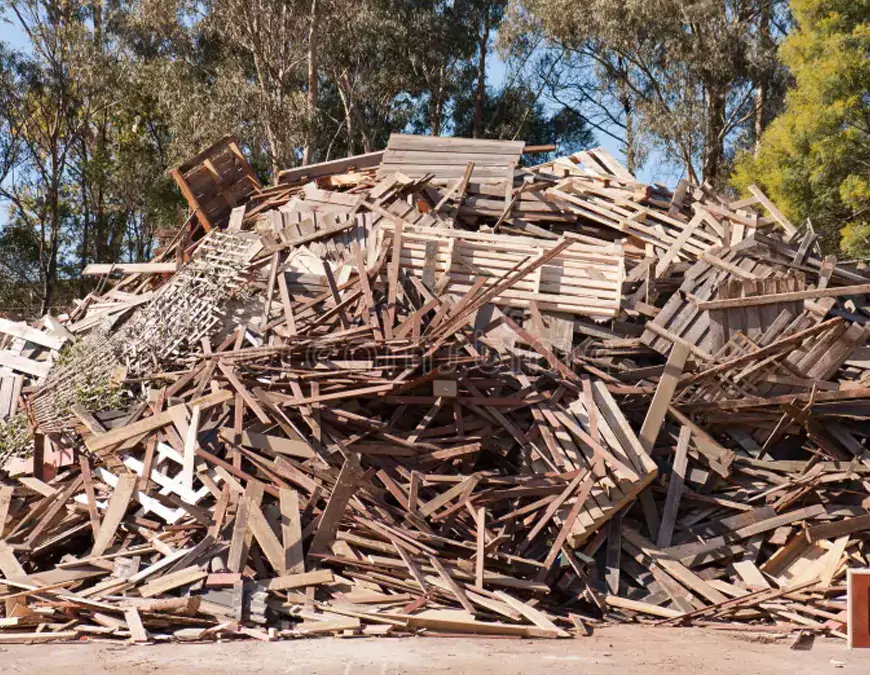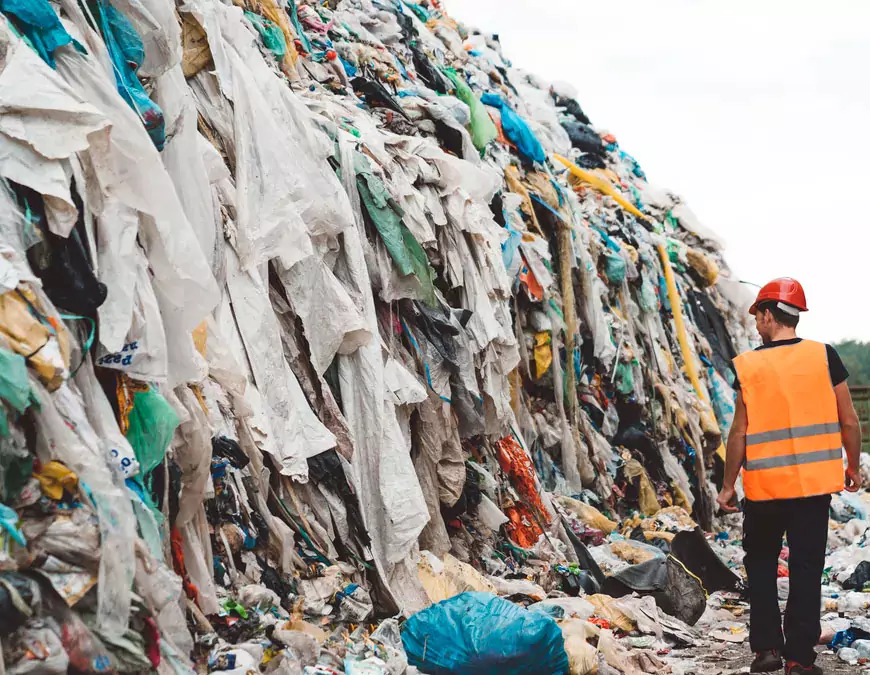Types of Food Waste
- Household Food Waste: Leftovers, expired items, spoiled food.
- Commercial Food Waste: Discarded food from restaurants and supermarkets due to overstocking or damage.
- Agricultural Food Waste: Waste from harvesting, storage, or transport due to poor practices or weather.
- Industrial Food Waste: By-products and waste from food manufacturing processes.
Importance of Food Waste Management
- Environmental Protection: Reduces methane emissions and helps combat climate change.
- Resource Conservation: Saves water, energy, and labor used in food production.
- Economic Savings: Lowers disposal costs and creates value from recovered materials.
- Social Responsibility: Helps reduce hunger and food scarcity by redistributing surplus.
Key Components of Food Waste Management
Waste Sorting and Segregation
Separating organic waste from materials like plastic and metal for effective treatment.
Our Solutions to Manage Food Waste
At Alfa Therm Limited, we offer sustainable, innovative solutions for food waste management:
Benefits of Effective Food Waste Management
- Reduced Environmental Impact: Minimizes landfill waste and greenhouse gas emissions by converting waste into useful products.
- Enhanced Public Health: Reduces contamination risks and promotes cleaner environments.
- Economic Efficiency: Lowers disposal costs, provides organic fertilizer, and generates renewable energy.
- Sustainability: Supports the circular economy by recycling and reusing organic materials.

Other Industries We Serve
Struggling with Waste Management challenges?



